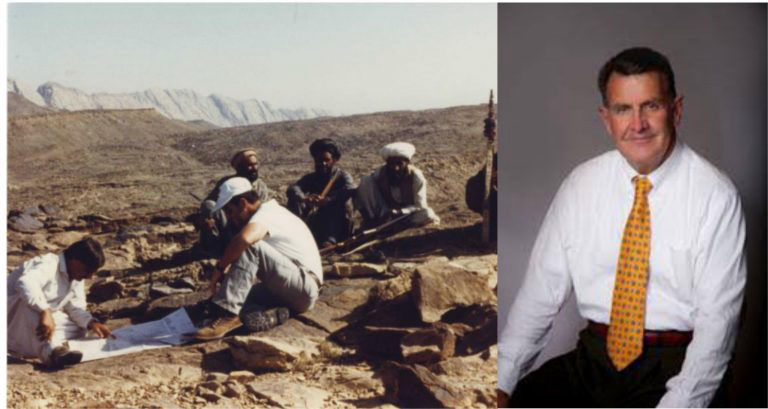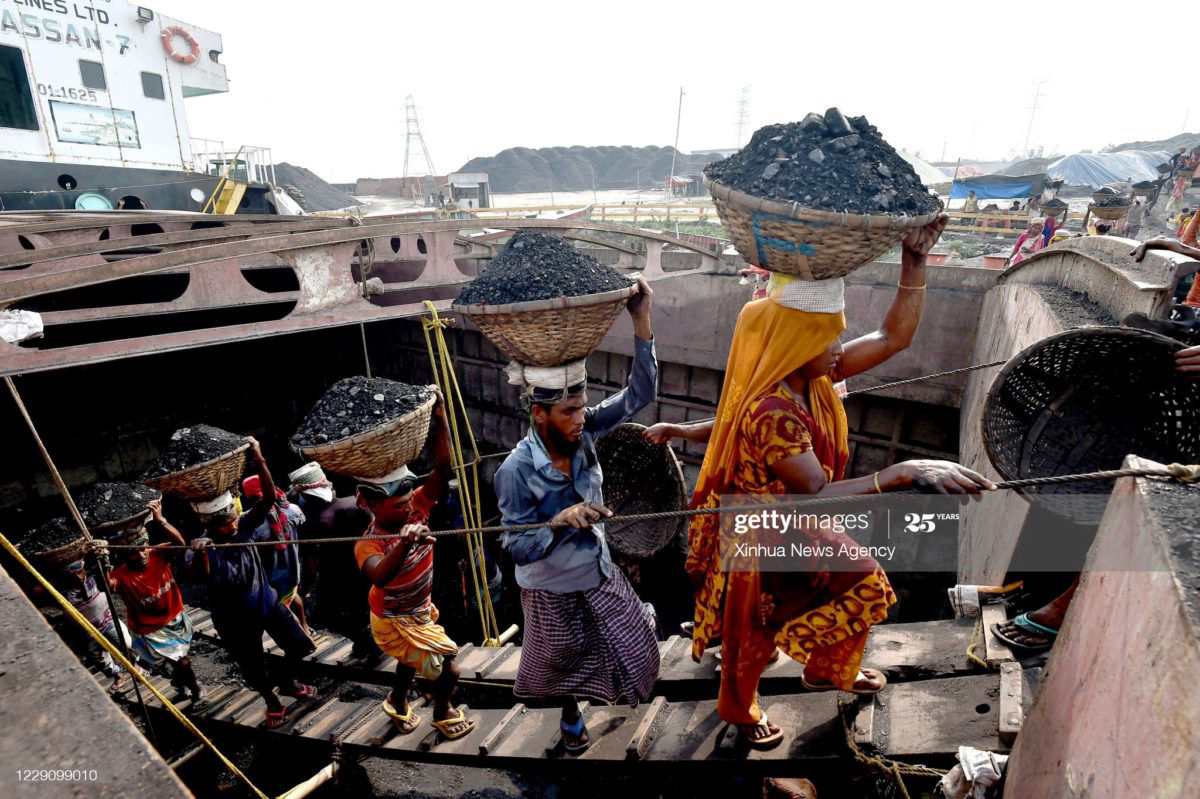


Natural gas (NG) is the principal fuel for electrical generation in Bangladesh and the foundation for the nation’s rapid economic growth during the last two decades (World Bank, 2020). During this period NG supply grew through the further development of pre-2000 field discoveries. Abundant supply encouraged growth and was the parent of strong economic expansion (~4.5% GDP since 2004). Concurrently, Bangladesh has successfully managed economic development and climate change adaptation with its NG cornerstone (Roy, 2021). Since late 2018, Bangladesh has imported LNG to supplement NG supply to meet increasing demand. The declining supply from presently operated local gas fields means that the share of expensive imported LNG will increase in the future as expected from the present 4 mmtpa (million metric ton per annum) to 21 mmtpa in 2030 (Wood Mackenzie, 2021). In-country gas fields with reserves of about 12 TCF and more expensive LNG imports should provide the energy for moderate- to high-growth until 2030; if demand remains below about 2.5-3.0 TCF/yr. However, the recent price hike in the LNG spot market from less than $10 to more than $35 per mmbtu (metric million British Thermal Unit)** means that Bangladesh must bear added pressure on its economy and must survive on the price uncertainties of LNG in the international market. After 2030 the energy supply and dependent economic growth will become even more precarious. Preventing economic decline will require a combination of new NG discoveries and reserve- growth in existing fields, or expansion of other reliable and resilient base-load energy sources such as carbon-intensive coal or development of carbon-free nuclear power. As noted by in-country experts: Shetol et al. (2019), “The possibility of natural gas being exhausted within a decade and half worries us all….Bangladesh is likely to exhaust its gas reserve by about 2030.” Imam (2021), “.…Bangladesh’s gas exploration has apparently been stalled because of a lack of dynamic vision.” NG exploration needs to dramatically increase over the next few years to avoid severe economic contraction after 2030. * An example of energy poverty: “Roughly 3.3 billion people on the planet live in what Robert Bryce (Bryce, 2020) calls the “unplugged” world — countries where per capita electricity use is less than 1,000 kilowatt-hours per year. That means that roughly 44.6% of the world’s population subside on less electricity per year than the average American family uses to keep their refrigerator running. About one billion people of this 3.3 billion have no access to electricity.” ** The International Renewable Energy Agency (IRENA) define energy transition “…as a pathway toward transformation of the global energy sector from fossil-based to zero-carbon by the second half of this century. At its heart is the need to reduce energy-related CO2 emissions to limit climate change.” It is a near certainty that Bangladesh will continue to increase its use of fossils fuels to pull its people up from energy poverty while adopting adaptation strategies to meet the impacts of climate change.

Thomas L. Davis is a California State registered geologist (#4171) and owner of Thomas L. Davis, PhD Geologist. Davis’ work deals with structural geology, mapping, oil & gas exploration and field development, and more recently the energy transition, and carbon-hydrogen storage in depleted oil fields. Geographic focus is in the hydrocarbon basins in central and southern California, Nevada, Colombia, Venezuela, Mexico, and South Asia (Bangladesh, Pakistan, Sri Lanka, and Myanmar aka Burma). Davis is also the founder and CEO of the nonprofit Geologic Maps Foundation, Inc. Education: BS-UCLA, PhD–UCSB and leads Geo-hikes on Meetup, https://www.meetup.com/https-www-meetup-com-geo-hikes/